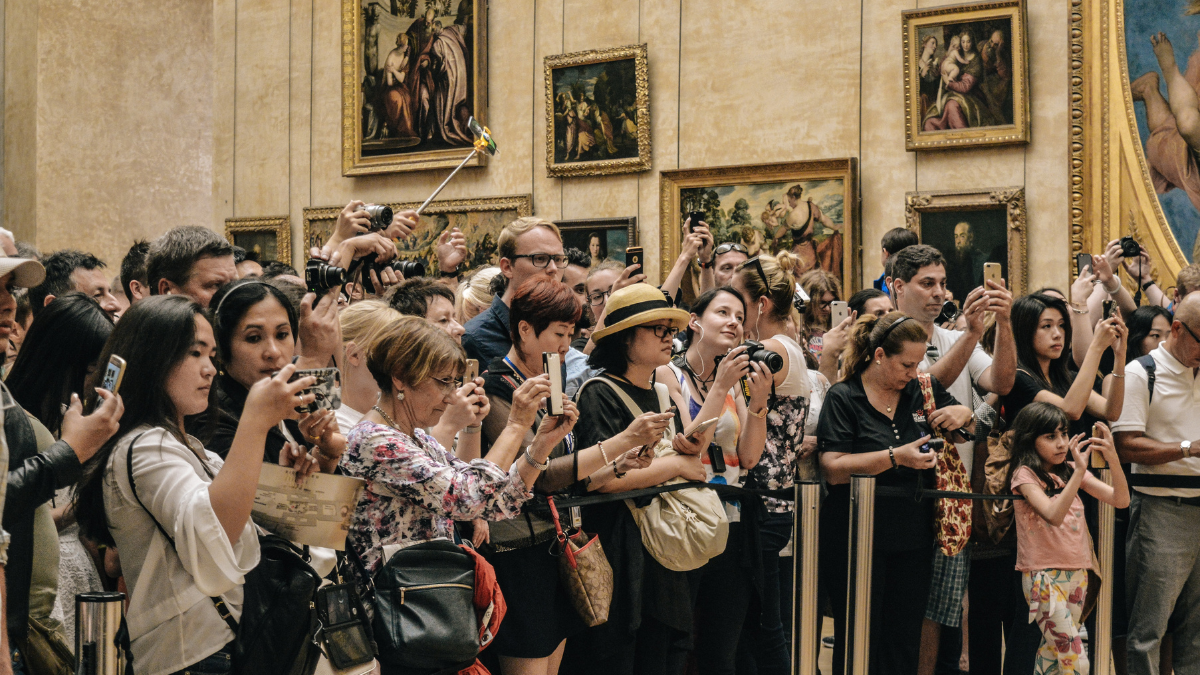

Why Are People Not Behaving in Public?
Our digital existence of self-importance is affecting how we act in the real world.
09/11/23
John Stonestreet and Jared Hayden

Ever since the COVID-19 lockdowns, there’s been an increase in disruptive behavior at public events and spaces. Concert attendees have disrupted performances. One fan threw water on rapper Cardi B, and a couple of fans distracted country singer Miranda Lambert with selfies. Movie theaters are increasingly lit by those scrolling through TikTok and Instagram, and ignoring or yelling at anyone who protests.
These incidents are the latest examples of how our private digital lives shape how we live publicly and in person. The habits of thought and action that are cultivated by, say, tweeting immediate reactions, doom scrolling, posting hot takes, or constantly sharing pictures, follow us off the screen.
Digital existence teaches us to think of ourselves as the center of the universe, making it easy to disregard how we treat others or behave in public. As Daniel Boorstin said, “We risk being the first people in history to have been able to make their illusions so vivid, so persuasive, so ‘realistic’ that they can live in them.”















